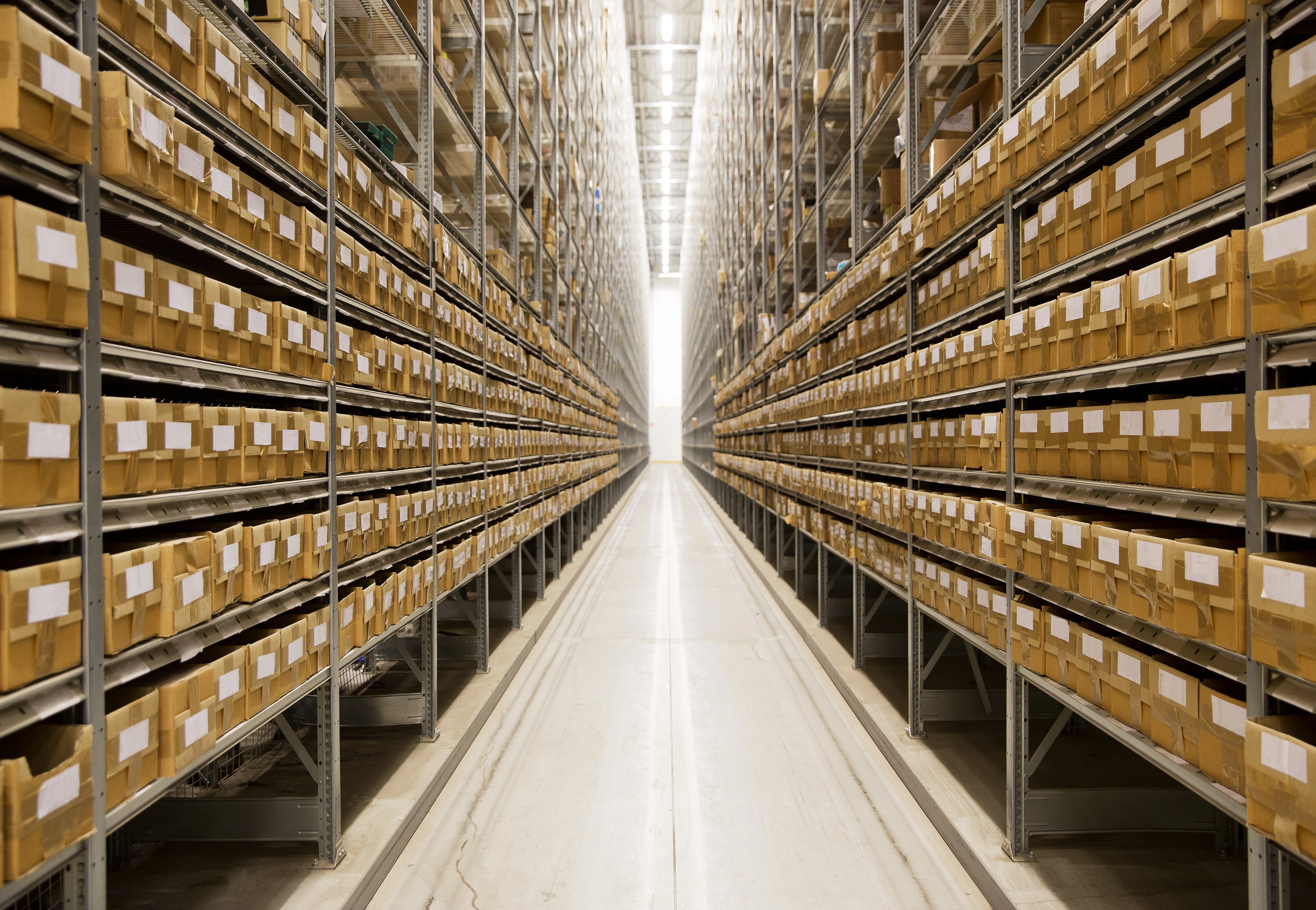
Partner Article
When the path to destruction has a happy ending…Six reasons why secure destruction is a good thing
The word destruction usually has negative connotations but after GDPR had suddenly become a buzzword in the corporate world – and a booming business itself.
GDPR, which gives European citizens increased rights over their personal data - and ups the ante on data breaches - has changed the world of information management.
Businesses know they may be called upon to edit or delete the personal data they hold at any time, are under pressure to ensure they have consent to store it in the first place. They are signed up to a strict compliance structure around data breaches too.
So, what’s the answer when you have a pile of historic data collected in the days when consent rules were more lax? Or which is being kept without any real reason or plan?
The answer, according to David Fathers, Regional General Manager at Crown Records Management, may be simpler than you think.
“We’re finding that a lot of businesses are realising that secure destruction can play an important part in their bid for compliance,” he said.
“So many companies stock-pile data for no reason at all. Data which is beyond its use-by data, data which is no longer relevant to the business, data which is stored on formats which are no longer accessible.
“And even more commonly, physical data stored on paper and then sent to a warehouse never to be seen again.
“In the past this kind of data was not a big risk, it was effectively put away and forgotten about. Now, after GDPR, it’s a very different environment.
“GDPR applies to physical data as well as digital data – so those boxes are suddenly a problem. And keeping data in formats which can longer be accessed is an issue too. How are you going to edit or delete personal data when you can’t even get to it?
“Secure destruction is often the most cost-effective way to end the problem; and it’s becoming an industry in itself.”
**Here are six reasons why destruction is now a good thing: **
-
Securely destroying out of date boxes can aid GDPR compliance and help avoid data breaches. It can save money in the long-term too because there is a cost attached to physical storage. Destroying a box normally costs around the same as the price of storage for one year.
-
Old office equipment can be a data risk and destroying it reduces the threat of data breaches. Multifunctional devices with hard drives such as copiers, scanners and printers can contain sensitive information such as copies of printed and scanned documents.
-
Mobile phones, laptops and hard drives all contain huge amounts of personal data these days and secure destruction is the only certain way to prevent breaches.
-
Secure destruction can have environmental benefits. Encouraging a paper-free office in the first place, for instance by restricting what information is printed and photocopied, is both sensible and environmentally-friendly. This equipment is a regular source of data breaches because it is so easy to lose track of data once it has been copied. Reducing the number of boxes in storage also has environmental benefits. Crown Records Management estimates that 2006 trees and 321 litres of water could be saved if the 350,000 boxes it holds that are past their ‘destroy date’ are securely destroyed.
-
Having a secure destruction policy in place encourages businesses to consider what data they have and how long it needs to be kept for. Some data has to be kept for legal reasons but many businesses keep data longer than it is useful or needed.
-
Secure destruction can help protect brands and intellectual property. The destruction of counterfeit goods and also retail goods such as clothing, shoes or books which have been misprinted or overprinted, is another growing aspect of the industry.
Find out more at www.crownrms.com.
This was posted in Bdaily's Members' News section by Crown Records Management .
Enjoy the read? Get Bdaily delivered.
Sign up to receive our popular morning National email for free.








 £100,000 milestone drives forward STEM work
£100,000 milestone drives forward STEM work
 Restoring confidence for the economic road ahead
Restoring confidence for the economic road ahead
 Ready to scale? Buy-and-build offers opportunity
Ready to scale? Buy-and-build offers opportunity
 When will our regional economy grow?
When will our regional economy grow?
 Creating a thriving North East construction sector
Creating a thriving North East construction sector
 Why investors are still backing the North East
Why investors are still backing the North East
 Time to stop risking Britain’s family businesses
Time to stop risking Britain’s family businesses
 A year of growth, collaboration and impact
A year of growth, collaboration and impact
 2000 reasons for North East business positivity
2000 reasons for North East business positivity
 How to make your growth strategy deliver in 2026
How to make your growth strategy deliver in 2026
 Powering a new wave of regional screen indies
Powering a new wave of regional screen indies
 A new year and a new outlook for property scene
A new year and a new outlook for property scene